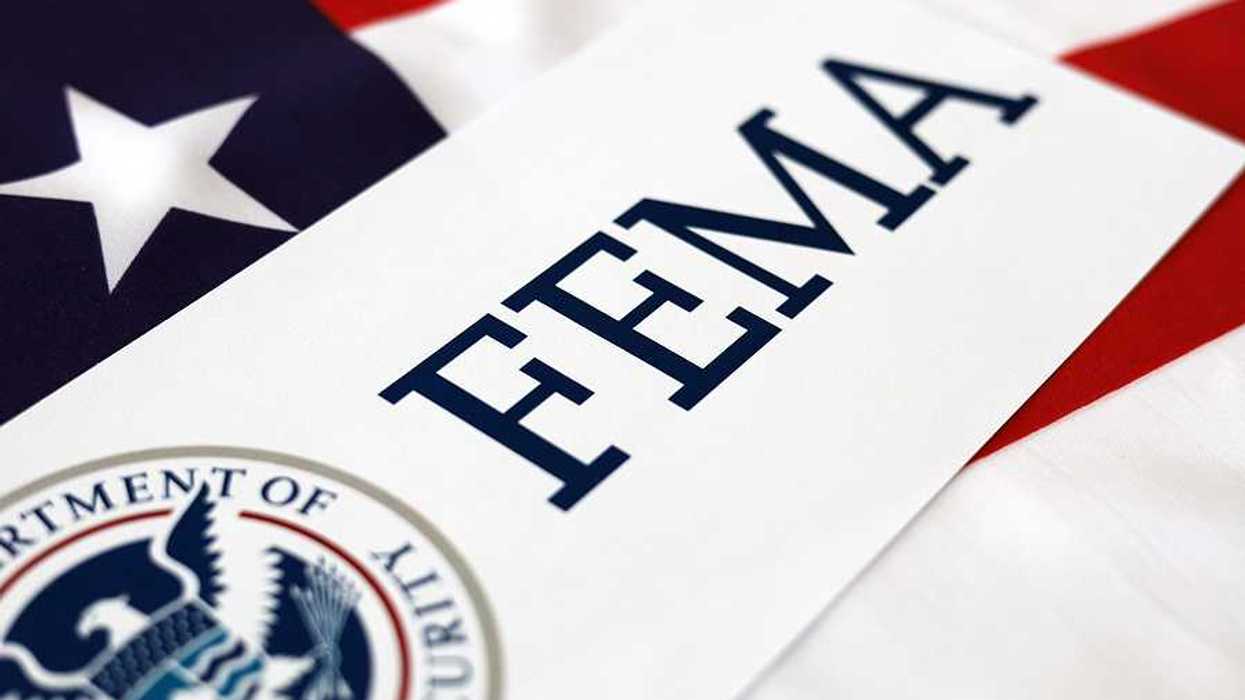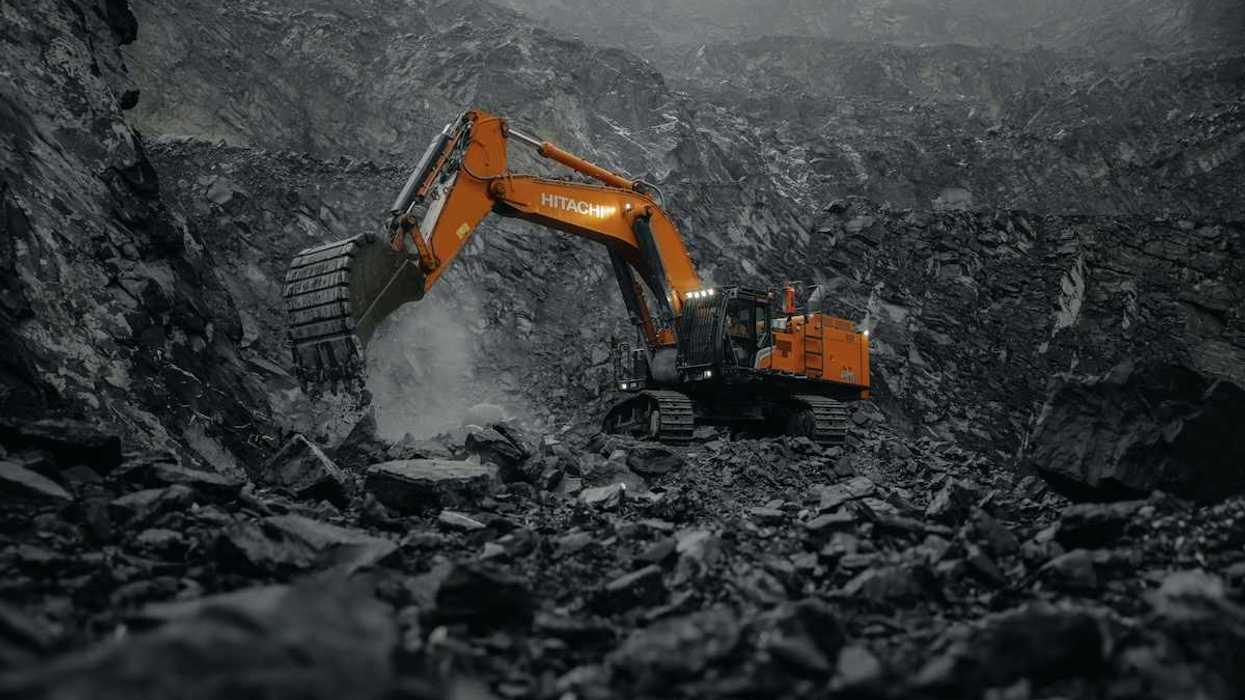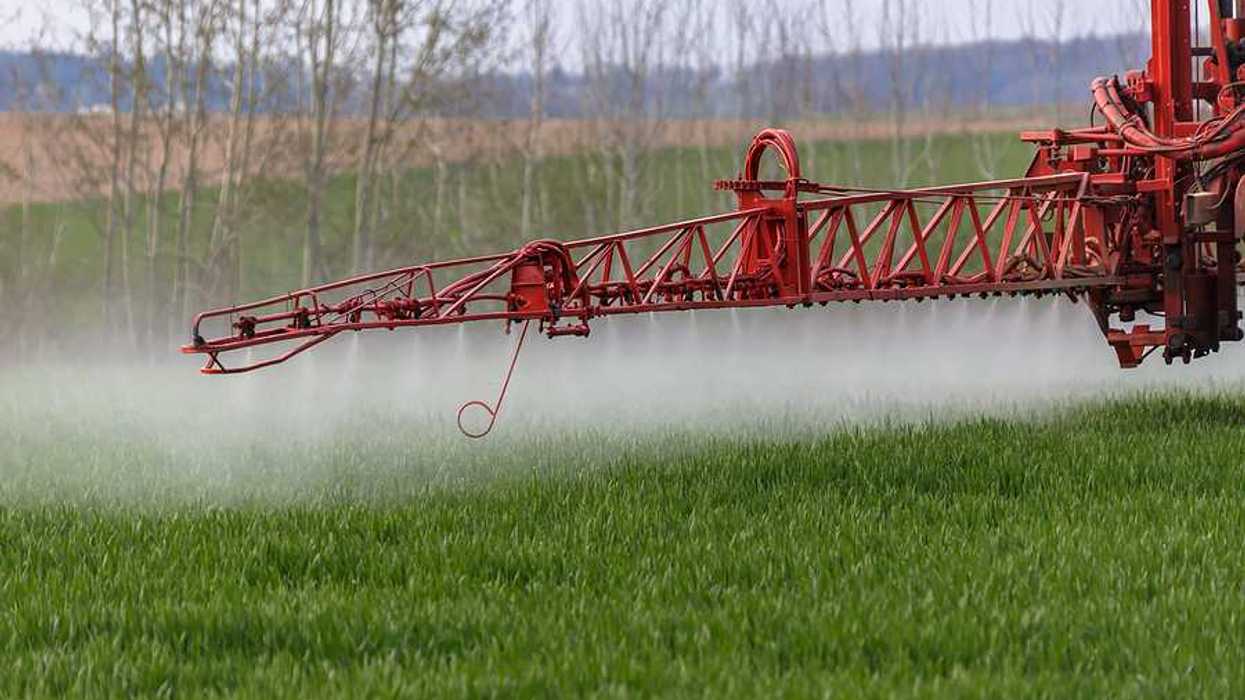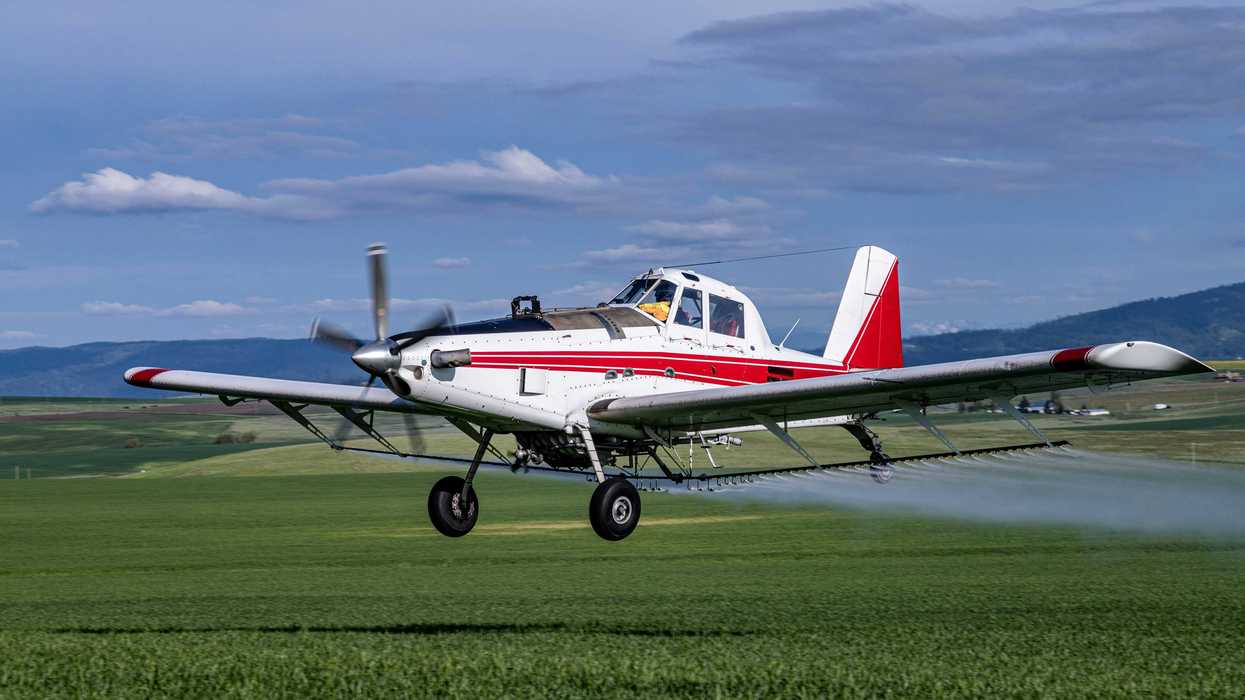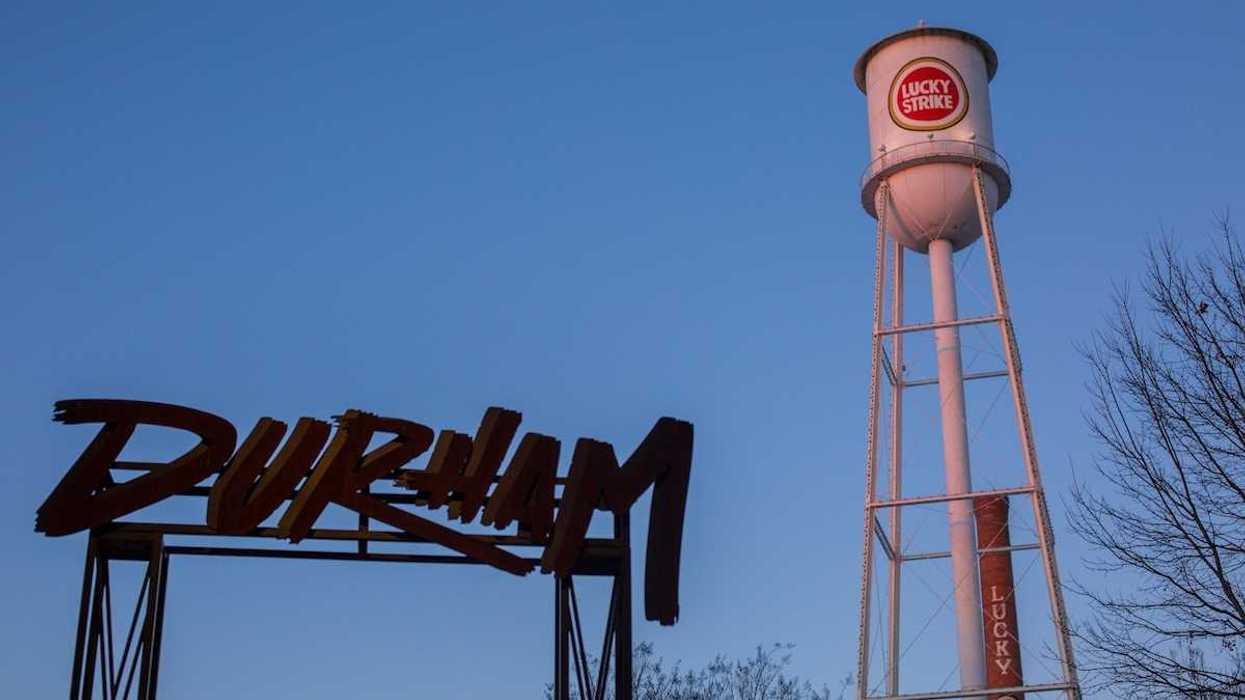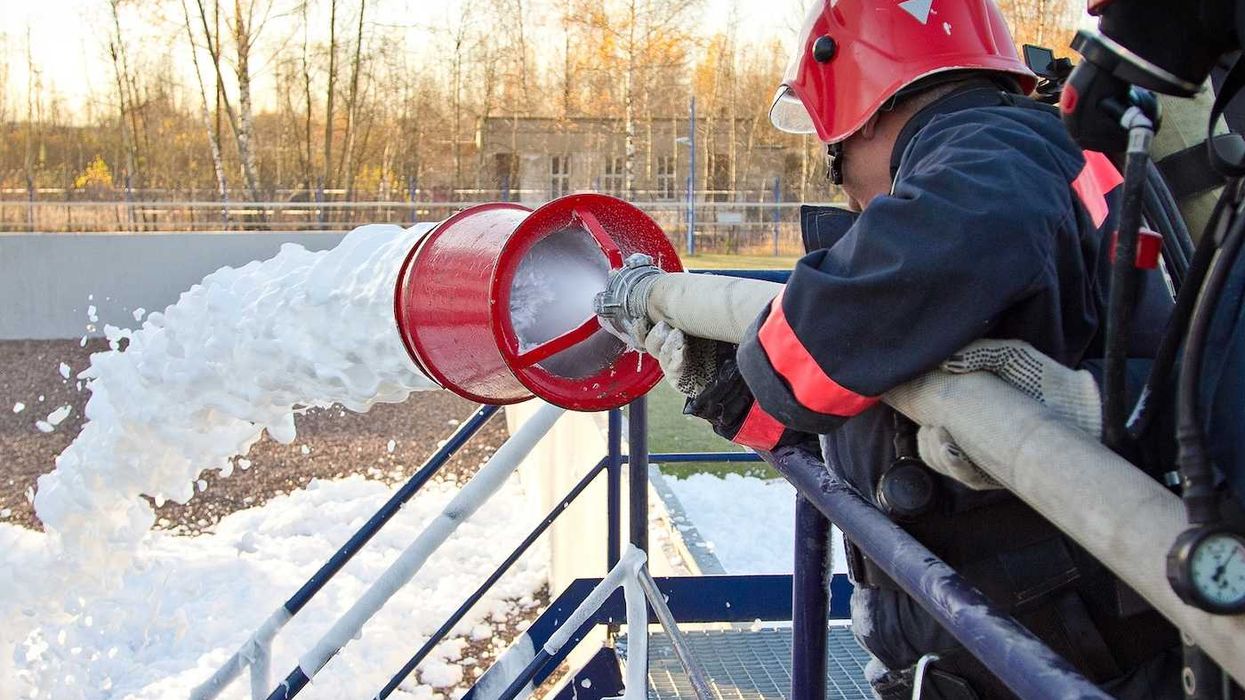Houston's unpreparedness for Hurricane Beryl, which compounded existing disasters, reveals systemic failures in disaster response, infrastructure and public health protections in vulnerable communities.
Jana Cholakovska reports for Public Health Watch.
In short:
- Hurricane Beryl, a Category 1 storm, caused severe flooding, power outages and chemical releases in Houston, disproportionately affecting low-income areas like the Fifth Ward.
- Texas' emergency systems failed to meet the needs of vulnerable residents, with gaps in generator access, healthcare availability and communication with disabled individuals during the storm.
- Advocates urge stronger infrastructure investment, Medicaid expansion and accountability for pollution to address ongoing climate risks and inequities.
Key quote:
“What I am becoming increasingly worried about is the widening gulf between the haves and the have-nots after disasters.”
— Texas State Sen. Carol Alvarado
Why this matters:
Compound disasters caused by climate change are increasingly frequent and deadly. Vulnerable communities, already facing pollution and systemic neglect, bear the brunt of these crises, exposing critical gaps in public health, disaster preparedness and environmental justice.
Read more:


